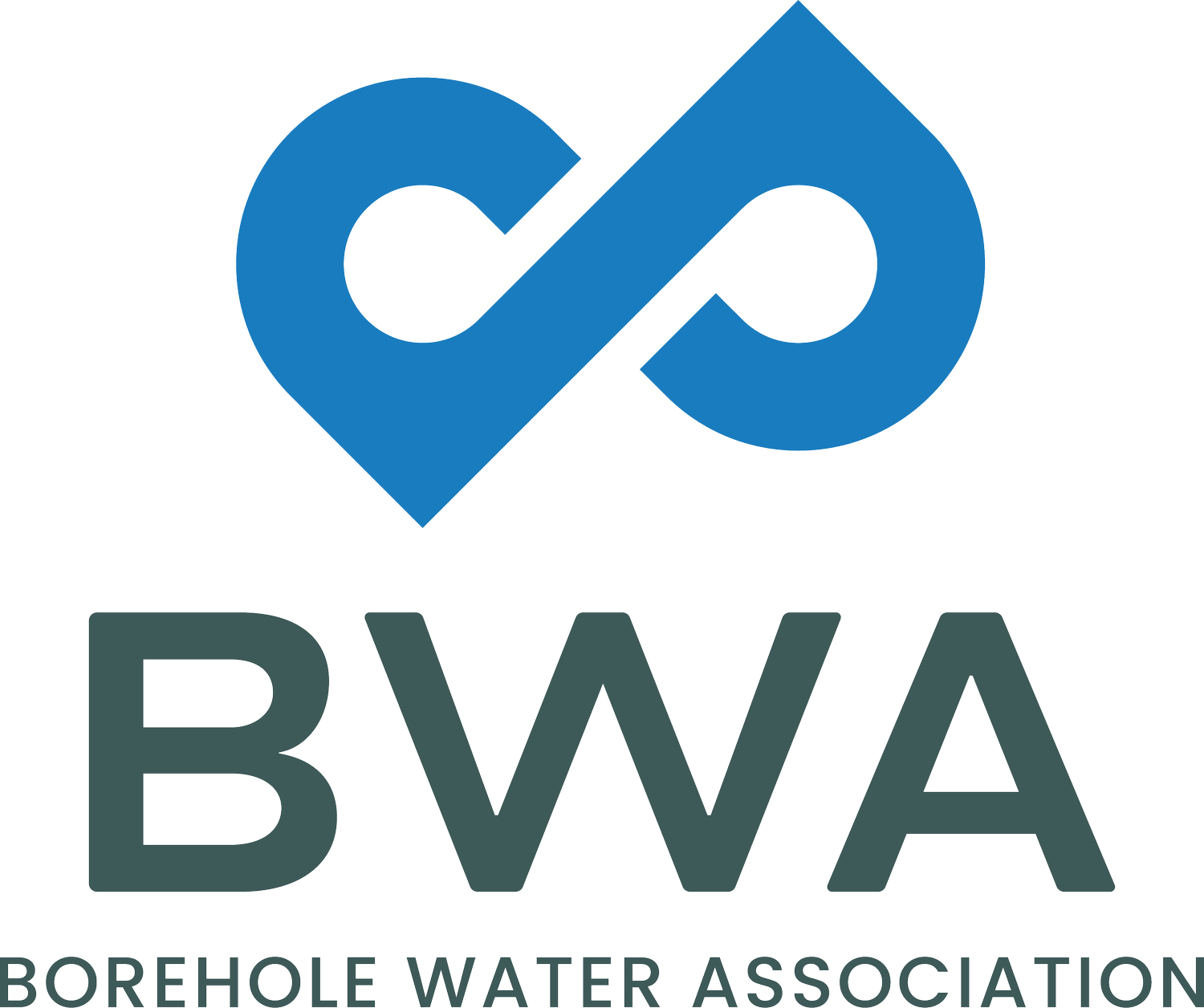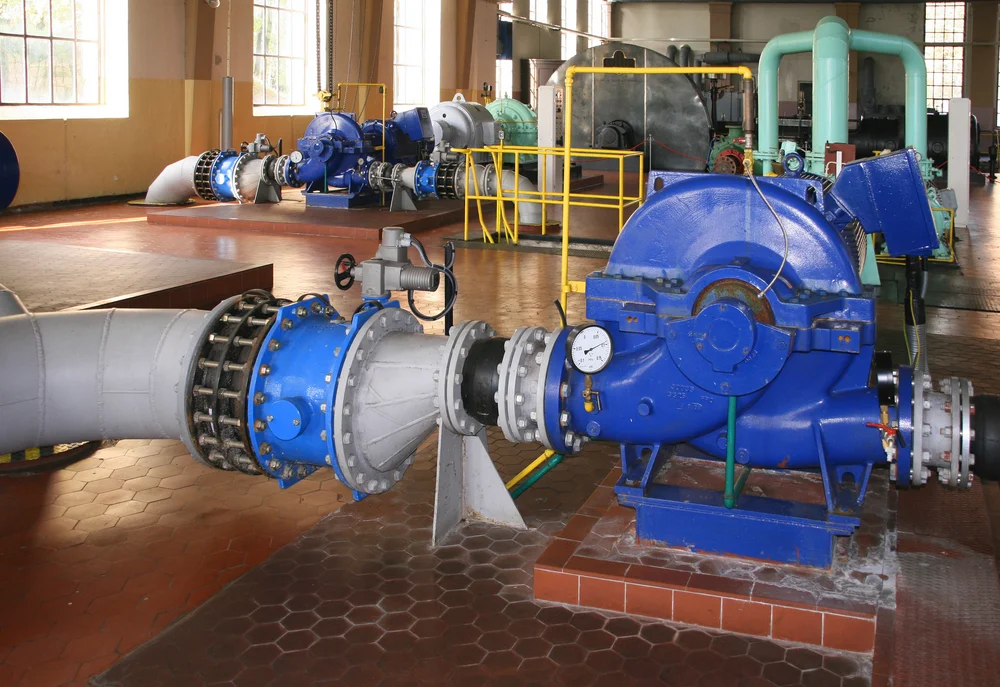SA still undervalues its water, but our youth could change that
/Many water-scarce municipalities in South Africa’s towns have tried to educate communities about conserving water, but it seems the message is not getting across; perhaps better youth awareness is one answer.
SRK Consulting partner and principal hydrogeologist Gert Nel
According to SRK Consulting partner and principal hydrogeologist Gert Nel, it is vital that residents in these areas must be active players in the balancing act of ensuring that the water demand remains sustainable within the supply capacity of available groundwater aquifers.
“The country – and the smaller rural towns in particular – are becoming increasingly reliant on groundwater to meet their daily needs,” said Nel. “The challenge is that municipalities are often pursuing unsustainable levels of water abstraction from these aquifers without managing to control the demand side of the equation.”
He noted that there had been some efforts to raise awareness within communities, but the impact of these initiatives had not been very effective in the past.
“Going back as far as 2012 and earlier, the research was showing that water-related information was not really reaching communities in the way that it had any impact on behaviour,” he said. “The knowledge and messages were being shared in ways that failed to galvanise action – for instance, by changing individuals’ or families’ water-use practices.”
The research pointed to alternative ways of disseminating educational resources, emphasising that the focus needs to be on how they are disseminated and by whom.
“In my experience, one of the most receptive institutions to this kind of learning are schools – where teachers are imparting a scientific approach to learners, and water is a topical and relevant everyday concern,” he said. “Not only is water an interesting subject for learners in primary and secondary schools, but it also governs so much of what goes on around them – from personal health and hygiene to food, farming and other economic activity.”
Water is a basic human right and an interesting subject for learners in primary and secondary schools
Nel argued that schools could be the source of science-based input on water resources; among other areas, this could highlight groundwater. Children could take this information home and share it with their families, becoming a powerful channel for taking forward the national discussion about water.
“From the perspective of the practitioners and the scientific community, there are many water professionals and academics who would be happy to contribute to school efforts like this,” he said. “We could bring our own insights and experience to share with learners, helping to raise awareness while also initiating valuable discussions that could lead to longer term solutions.”
He suggested that this kind of initiative could help publicise South Africa’s water-scarce status, while creating platforms for engagement for communities to participate in finding solutions. They could also inspire young learners to pursue further study and even a career in the groundwater sector.
“There are very few hydrogeologists at local municipality or district municipality level,” he said. “If local communities could begin to nurture an interest in this vital discipline, that would certainly help to fill a serious skills gap.”
Issued on behalf of SRK Consulting. For further information, kindly contact Megan van Wyngaardt on 011 646 9322 or 074 336 6772 or email megan@sbpr.co.za






